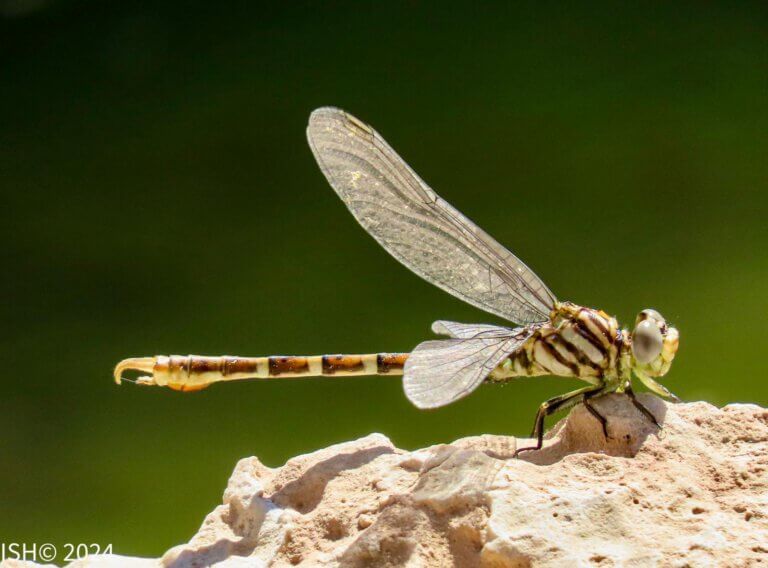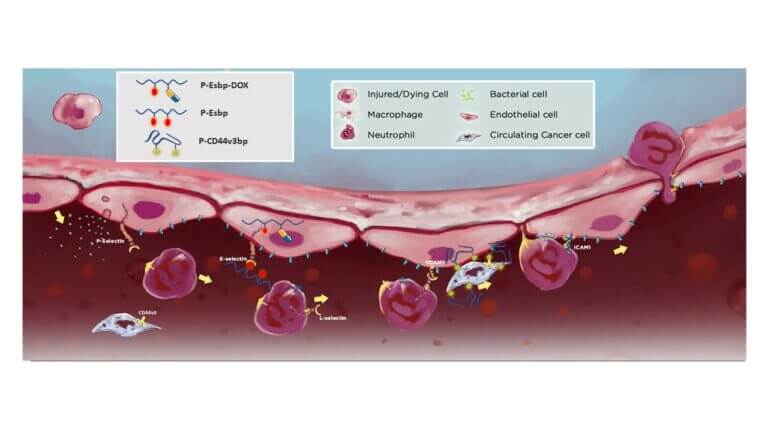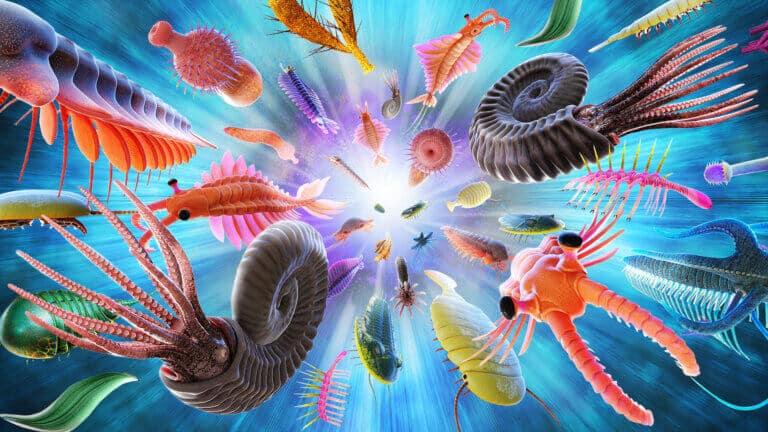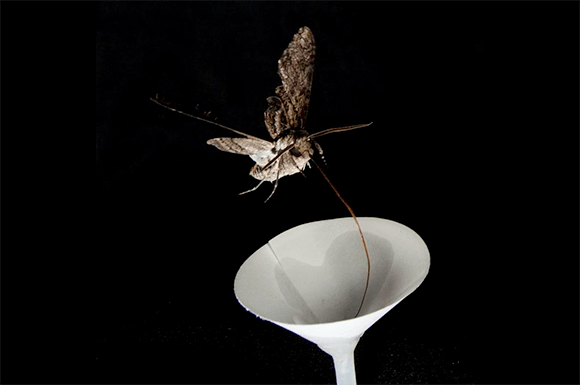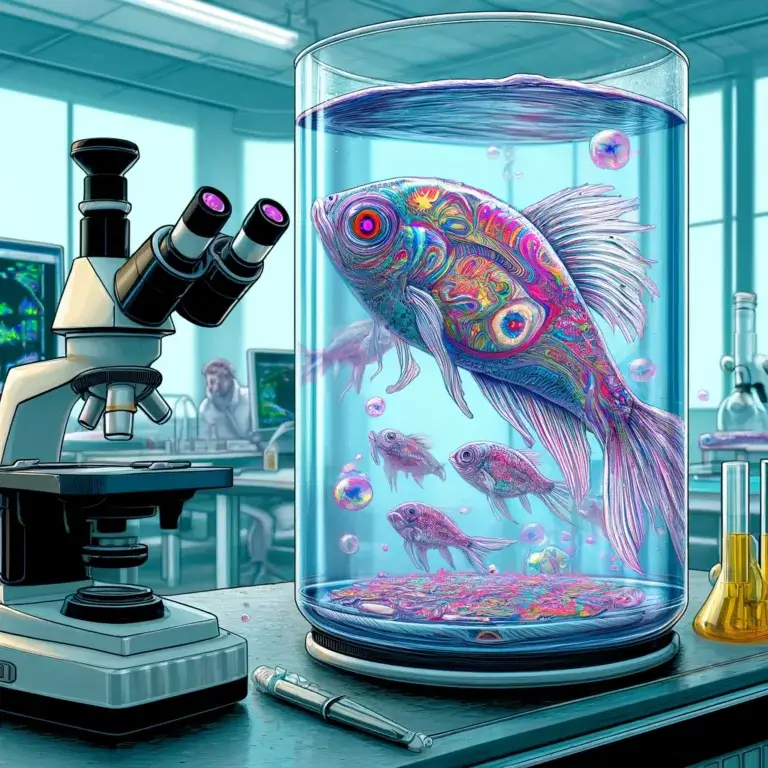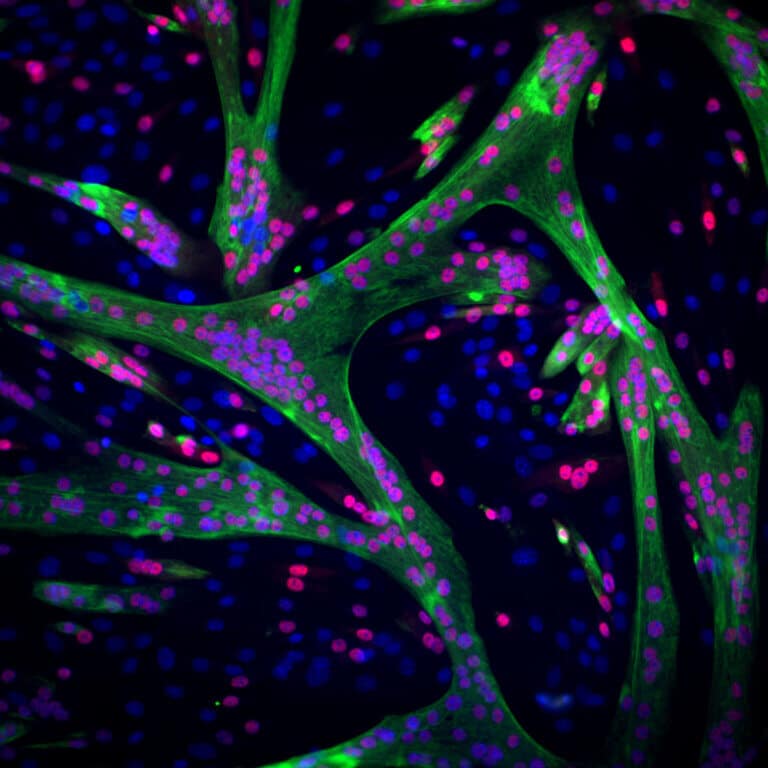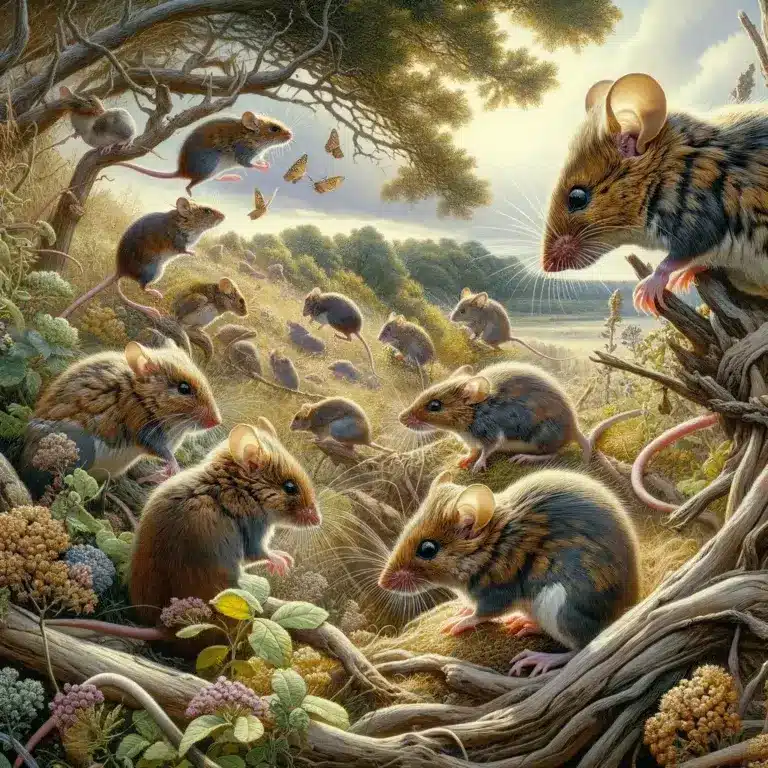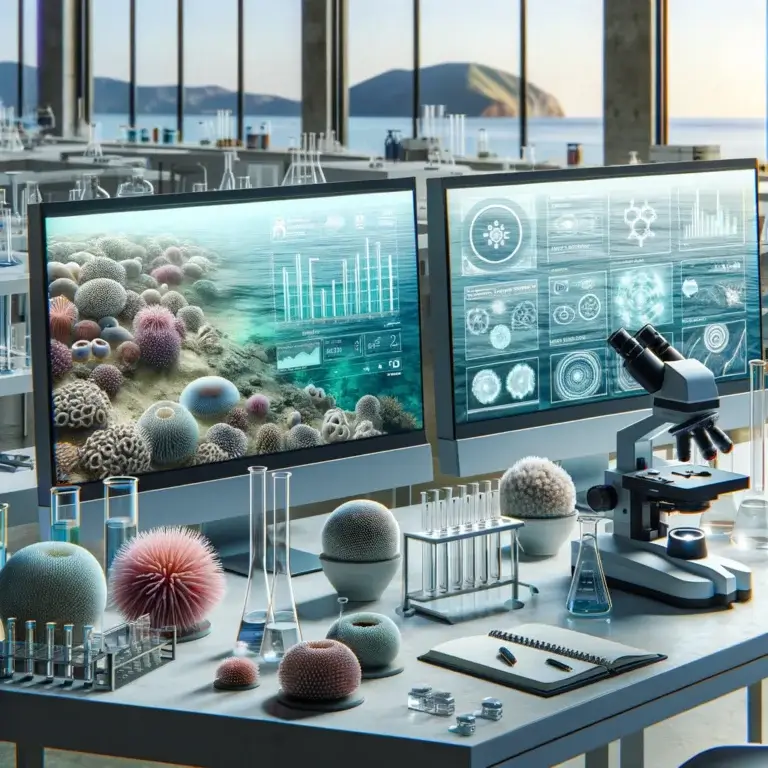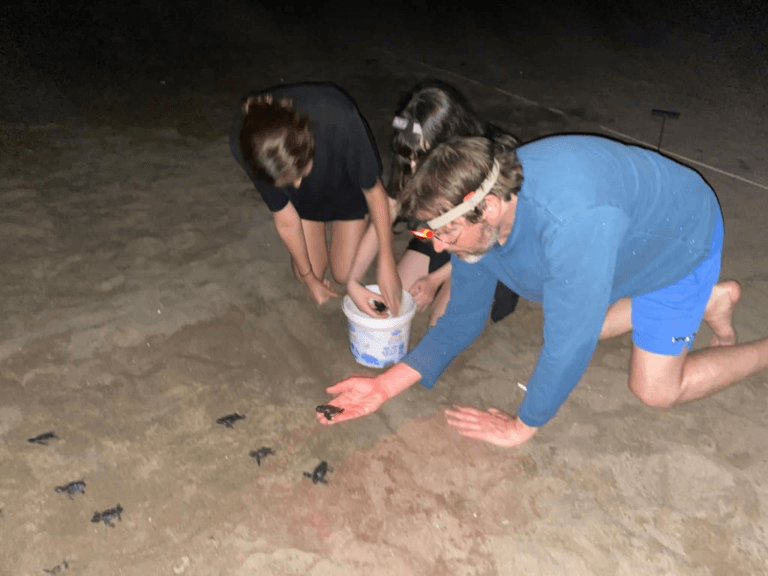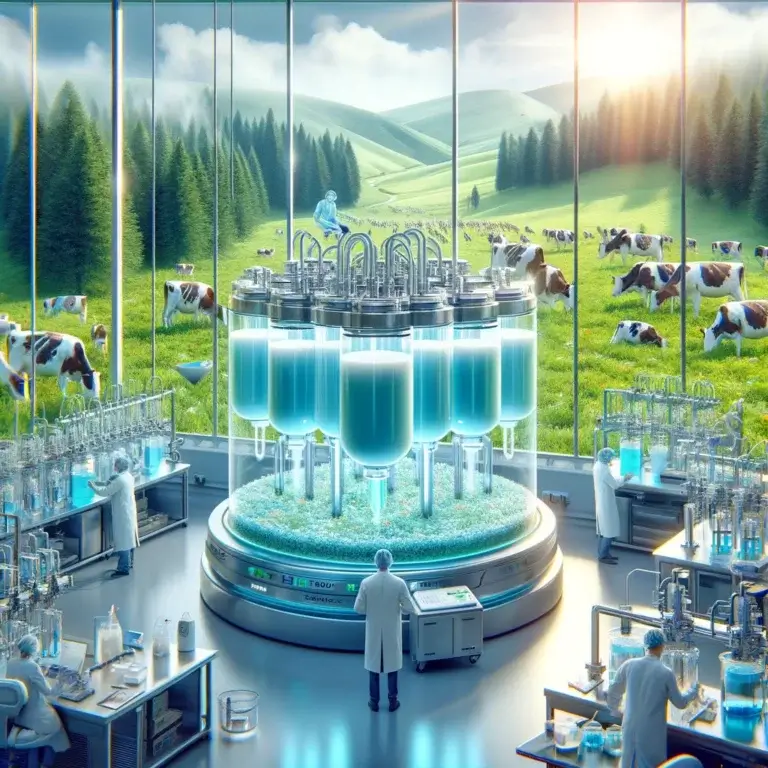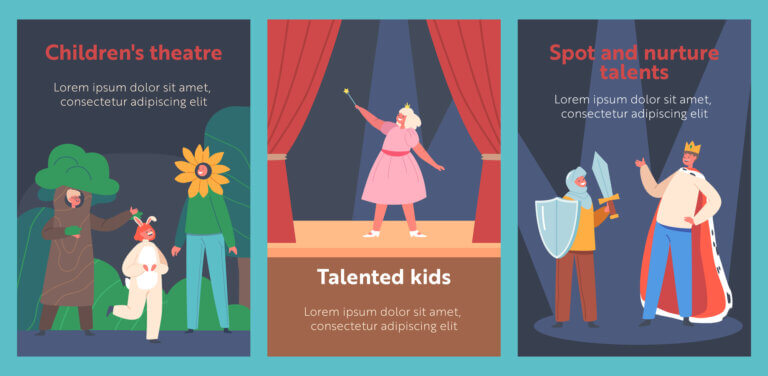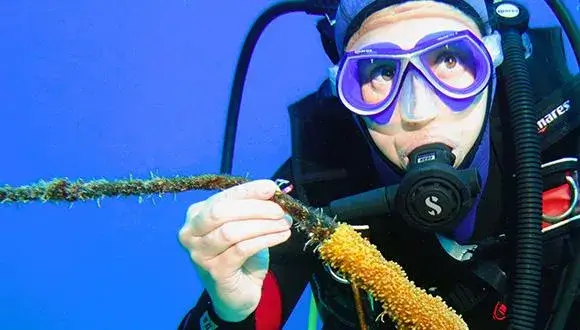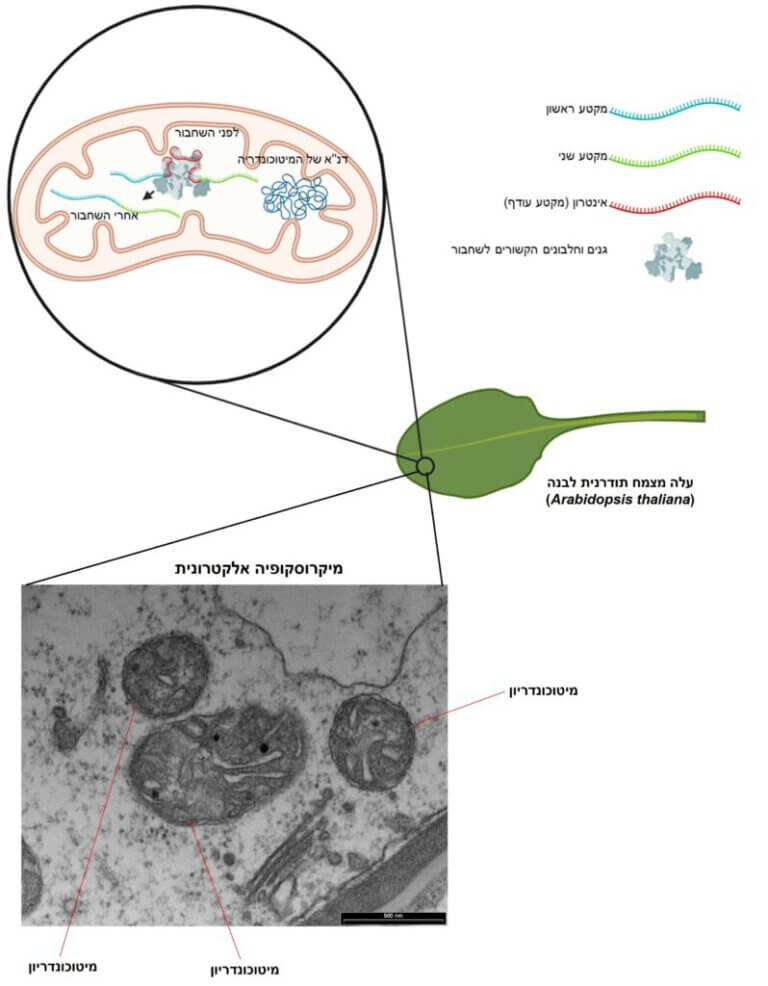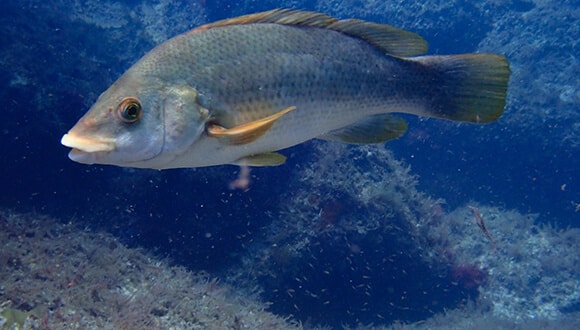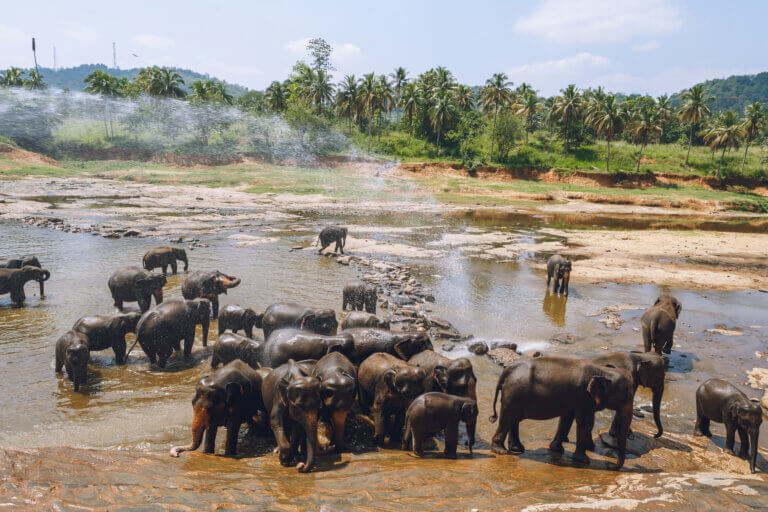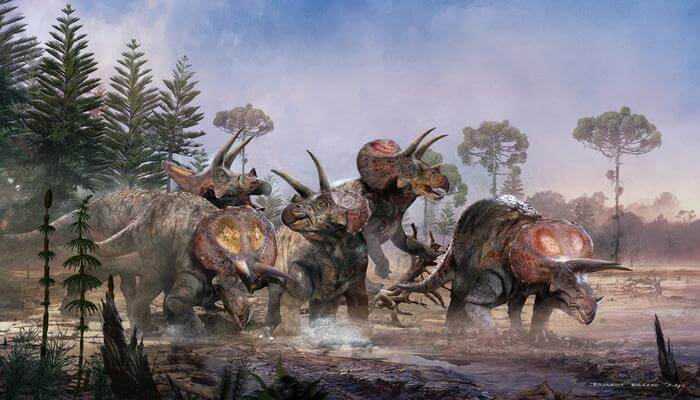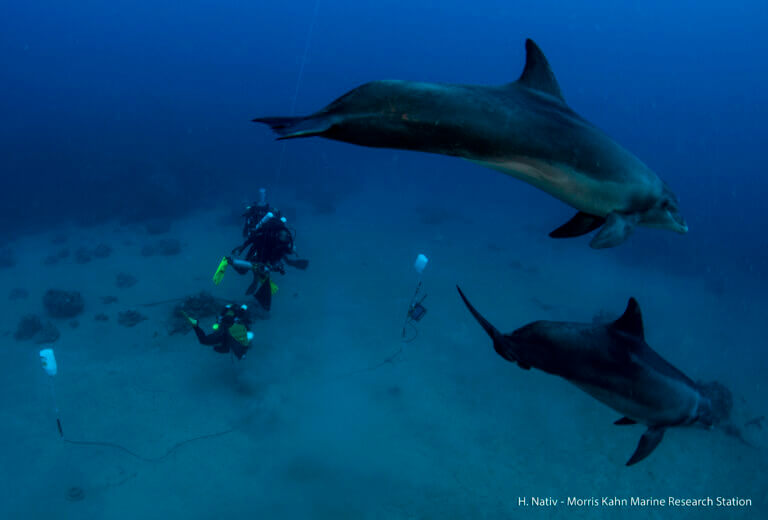Hayadan > Biology and Medicine
Biology and Medicine
- Dr.Roey Tsezana
- May 3, 2024
The changes are intended to prevent the body from becoming infected with dormant viruses that may be present in the kidney, and in any case the kidney is designed to fit the specific patient
- The science service
- May 2, 2024
- No comments
As part of the Teva-Biz project shared by the Ministry of Environmental Protection and the Society for the Protection of Nature, a nature survey was conducted for the first time in Naot Smadar where the new dragonfly was discovered
- The Voice of Science website - the Israel National Science Foundation
- April 30, 2024
Researchers have developed polymers that bind to proteins that play a key role in cancer and inflammation, thus preventing - in mice - the formation of metastases and slowing down the progression of arteriosclerosis and hepatitis
- The Hebrew University
- April 30, 2024
- No comments
Hebrew University researchers have revealed new findings regarding the connection between the increase in oxygen in the atmosphere and oceans on Earth, and the development of complex life. The study indicates that the rise of oxygen occurred after the development of complex life, contrary to previous assumptions
- Davidson Institute
- April 28, 2024
- One response
- Weizmann Institute
- April 28, 2024
The institute's scientists have developed a method for detecting the neurological effects of psychedelic drugs. Middle: Zebrafish on hallucinogenic mushrooms. The goal: to pave the way for more effective treatments for depression and other mood disorders
- Tel Aviv University
- April 28, 2024
A researcher at the Faculty of Medicine at Tel Aviv University investigates whether we will soon be able to eat what we want without guilt?
- Dr.Roey Tsezana
- April 25, 2024
The Light Bio company has developed petunia plants that contain a lighting garden of fireflies. Will they give up the street lights?
- Weizmann Institute
- April 24, 2024
An artificial intelligence model sheds light on the specialization pathway of muscle cells and reveals an important control node along the way
- Weizmann Institute
- April 22, 2024
Research in field mice under conditions simulating a natural environment reveals the different strategies used by females and males in creating social hierarchies
- The Technion
- April 20, 2024
- No comments
The intestine is a very dynamic organ that is constantly changing structurally, mechanically and chemically, and the intestinal bacteria are required to cope with this dynamism. One of the features that may help them in this is plasticity - the ability to undergo rapid genomic changes in response to changes in environmental conditions
- The Voice of Science website - the Israel National Science Foundation
- April 20, 2024
- One response
Prof. Oren Levy researches the timing of the reproduction of corals around the world and is surprised by Dioc. However the biological clock of the corals is not adapted to the volume lights
- The Voice of Science website - the Israel National Science Foundation
- April 19, 2024
Researchers analyze the DNA and hormonal profile of the green turtles to understand their physiology, development and reproduction and ensure their survival
- The Voice of Science website - the Israel National Science Foundation
- April 17, 2024
A study found that people who were exposed to emotional images reacted according to the reactions of others and judged harshly those who did not react like everyone else
- Dr.Roey Tsezana
- April 14, 2024
The Cow of Heaven project aims to find a way to produce milk protein from bacteria that feed on carbon dioxide and hydrogen
- The Voice of Science website - the Israel National Science Foundation
- April 14, 2024
Theater researchers examined the reception of the Haifa International Festival for Children's Plays
- Tel Aviv University
- April 6, 2024
The research team: "We must act quickly to continue protecting our coral reefs" * The article is dedicated to the memory of Tal Ilon, a man of the sea, the commander of the Kfar Gaza alert squad who was murdered on October 7
- The Voice of Science website - the Israel National Science Foundation
- April 5, 2024
Researchers have characterized genes and proteins that are involved in the splicing process in the mitochondria of plants and are essential for cellular respiration and growth
- Weizmann Institute
- March 28, 2024
- Dr.Roey Tsezana
- March 28, 2024
An American farmer who illegally cloned a giant sheep - and tried to develop a new hybrid species throughout the United States and release it into the wild
- Tel Aviv University
- March 28, 2024
Fish that change their distribution towards the poles due to climate change are declining in abundance
- Avi Blizovsky
- March 27, 2024
- 2 תגובות
Unlike the 2017 eclipse that occurred in August, this eclipse occurs when the spring migration is already underway. And since most birds fly at night, a solar eclipse may affect them significantly
- Tel Aviv University
- March 27, 2024
Why did the ancient man return again and again, over hundreds of thousands of years, to the same quarry sites? It turns out that the secret lies in the migration routes of the elephants
- Avi Blizovsky
- March 26, 2024
- No comments
A decade-long study shows that five three-horned dinosaurs lived - and died - together, similar to their depiction in Steven Spielberg's Jurassic World
- Haifa University
- March 26, 2024
- No comments
According to the researchers, the dolphins communicate in a different way and change their vocal behavior when they encounter the noise of a ship and therefore they are definitely affected by the noise of the ships. Past studies have already shown that a change in vocal behavior can be related to stress and distress


